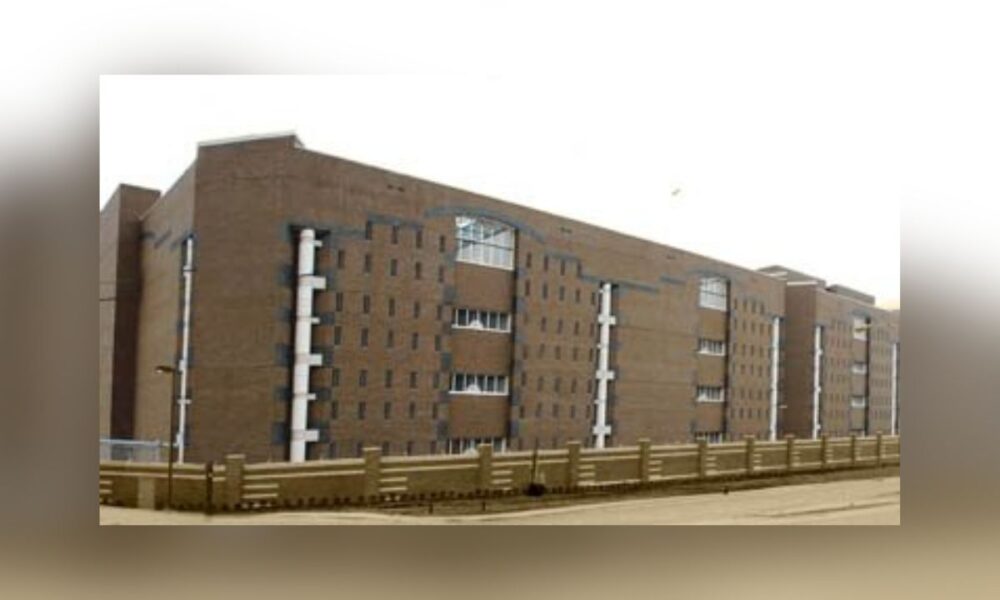Dallas County’s jail crisis has reached a breaking point, with over 7,000 inmates crammed into facilities. Officials blame an inefficient software system for keeping people locked up months past their release dates.
The overcrowding disaster exposes how outdated technology in America’s ninth-largest county is costing taxpayers millions in lawsuits and turning what should be simple administrative tasks into bureaucratic nightmares.
Dallas County Commissioner John Wiley Price acknowledged the severity of the situation after touring the facility this week.
“We’re in trouble. We are doing everything we can; Sheriff and I did a walk-through yesterday. We have challenges,” Price said, per Fox 4 KDFW.
The county scrambled to reopen 70 cells that had been shuttered for a decade.
“We went into cells that had been mothballed for the last 10 years,” Price explained, noting crews are also cleaning mold from other units.
District Attorney John Creuzot pinpointed the root cause: a software system implemented two years ago that fails to automatically transfer judgments and sentences to the jail.
“…So, in 2025, we’re hand-carrying documents from one office to another in the same building. And that’s just unacceptable,” Creuzot said, Fox 4 reported.
The bungled rollout created a cascade of problems.
“It was poorly integrated into the current system. In fact, I think the old system was turned off, and this one was turned on,” Creuzot told Fox 4.
Cases now sit in legal limbo for months.
“The person has been charged; they may or may not have a lawyer, but they’re not on the docket, which means I can’t dispose of the case. There’s nothing I can do. And so, all of those cases get hung up,” he said.
The human cost is staggering.
Inmates remain jailed “sometimes months past their release date,” according to Creuzot, who warned of mounting financial consequences. “And they’re coming back and getting financial rewards from the county for keeping them in there too long, so that’s not doing the taxpayers any good.”
When asked if fixing the software could solve the overcrowding crisis, Creuzot was unequivocal.
“Absolutely, yeah,” he responded, adding, “And my understanding is that we may be the least efficient county in the state,” Fox 4 reported.
Officials are testing a pilot program where judges sign judgments during hearings to bypass software delays. But Creuzot dismissed this as merely “a Band-Aid to a much larger problem.”
Dallas County now faces the dual challenge of housing a swelling jail population while hemorrhaging taxpayer dollars on preventable lawsuits.


